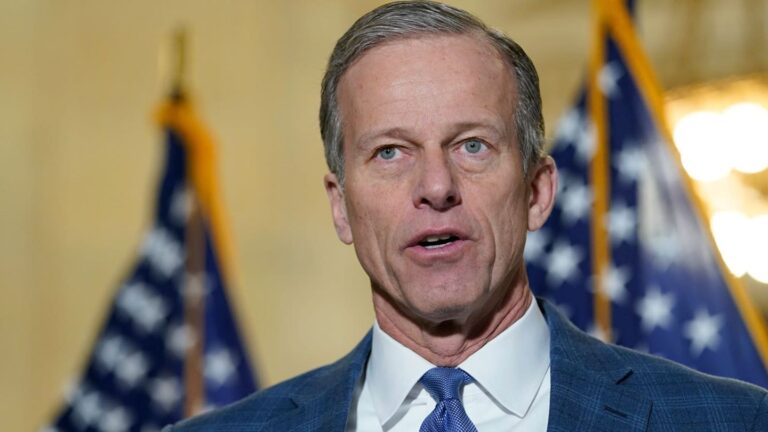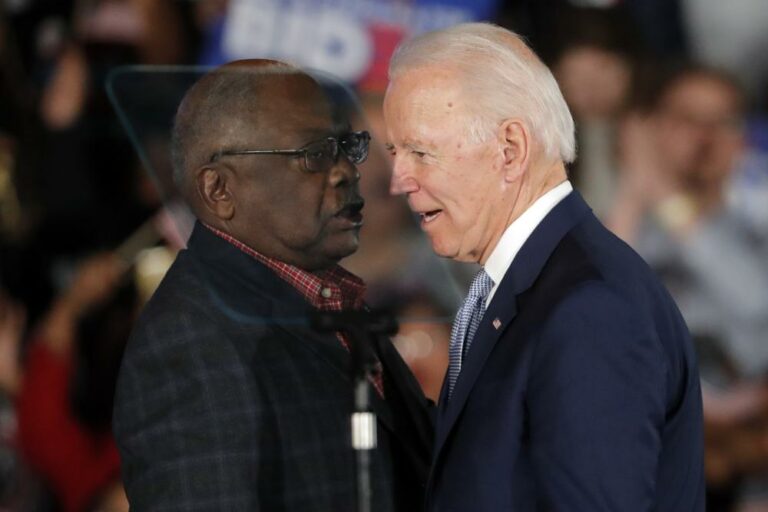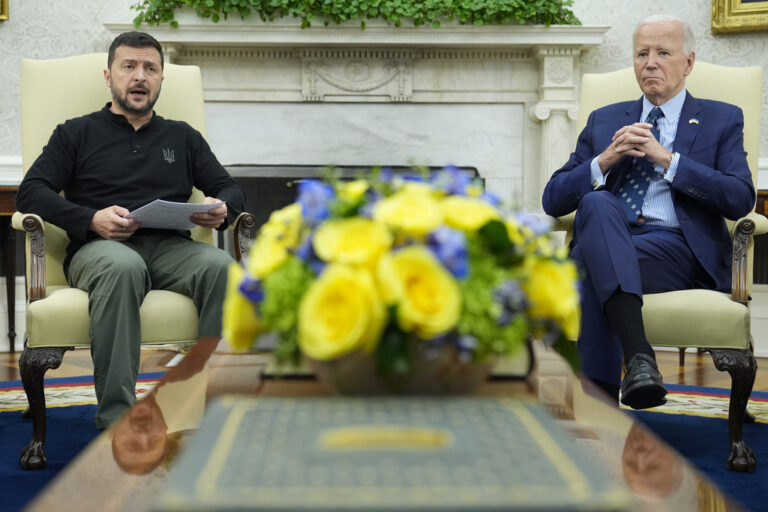 Republican leaders and President Barack Obama say the message of the midterm elections is clear: Voters want them to work together.
Republican leaders and President Barack Obama say the message of the midterm elections is clear: Voters want them to work together.
But on what?
The two parties’ voters, like their politicians, are far apart on health care, immigration and climate change, exit polls show.
The voters can’t even agree on whether the economy is looking worse or getting better.
So when Obama says the voters signaled that they want “to see more cooperation,” and Senate Republican leader Mitch McConnell of Kentucky says “they want us to look for areas of agreement,” it’s not clear where the voters expect them to find the compromises.
A look at what voters said about the issues as they left the polls Tuesday:
___
HEALTH CARE
It’s no surprise that Senate Republicans want to celebrate by joining the GOP-led House in voting to repeal the health care law. But Obama has veto power.
A huge chunk of the Republicans’ midterm voters (78 percent) say the law that requires health coverage for nearly everyone went too far. One-fifth of their voters say health care is the most important issue facing the country.
Even more people who voted for Democratic congressional candidates — about one-third of them — call health care the top issue.
But where Republicans say the law went too far, the same share of Democratic voters says it’s about right or didn’t go far enough.
Nonetheless, GOP leaders suggest that congressional Republicans and Democrats might be able to agree on redoing parts of it, such as repealing a tax on medical devices that helps pay for the Affordable Care Act.
___
IMMIGRATION
Lawmakers have been searching for a compromise on immigration since George W. Bush was president.
Obama says he’s ready to act without Congress, by taking executive action to remove the threat of deportation for some immigrants living in the United States illegally. He hasn’t given specifics.
House Speaker John Boehner, R-Ohio, calls that playing with fire. But Obama may feel emboldened because Republicans aren’t unified on the issue.
Fifty-six percent of voters who backed Republicans in the midterms said most immigrants in the U.S. illegally should be deported. But 38 percent favor giving them a chance to apply for legal status.
On the Democratic side, 8 in 10 voters favored creating a path to legal status.
___
CLIMATE CHANGE
Global warming, like immigration, is an issue where more voters overall seemed to agree with Obama, even though Republican candidates came out ahead on election night.
Nearly 6 in 10 said global warming is a serious problem, and they mostly voted for Democratic congressional candidates.
But those who aren’t worried about the issue overwhelmingly backed Republican candidates, who are more apt to question the scientific findings on climate change.
Still, many Republican lawmakers are nervous about appearing indifferent to forecasts of dire environmental consequences. One-third of the voters who backed Republicans think global warming is a serious problem, according to the exit polls.
___
THE ECONOMY
Eighty-nine percent of Republican voters say they’re worried about the economy’s direction. Two-thirds of Democrats admitted to feeling at least somewhat worried, too.
Even here, the partisan fault line is visible. Democratic and Republican voters see the same economy quite differently.
More than half of those who backed Democrats think it’s getting better, and only 14 percent of them think it’s getting worse.
Republican voters see the reverse: Nearly half say the economy’s getting worse, and only 15 percent think it’s getting better.
What causes the optimism gap? Some of it probably stems from political loyalty.
Voters typically take a rosier view of the economy when their preferred party is in the White House. In the 2006 exit poll conducted in the last midterm of the Bush years, 76 percent of those backing Republicans said they economy was in good shape, while 73 percent of those who voted for Democrats said it was in the tank.
___
THE TEA PARTY
Here’s a shift that could help clear the way for compromise: The movement that pushed for standoffs, debt ceiling showdowns and a government shutdown is waning.
The share of Republican voters who support the tea party movement dropped from 67 percent in 2010 to 53 percent this year.
Less than one-quarter of Republican voters this time said they were strong tea party supporters.
The political calendar also offers another argument for compromise. Lawmakers who will be on the ballot in 2016 can expect the presidential year to bring a larger, less solidly partisan crowd of voters to the polls.
___
The survey of 20,168 voters was conducted for AP and the television networks by Edison Research. This includes results from interviews conducted as voters left a random sample of 281 precincts Tuesday, as well as 3,113 who voted early or absentee and were interviewed by landline or cellular telephone from Oct. 24 through Nov. 2. Results for the full sample were subject to sampling error of plus or minus 2 percentage points; it is higher for subgroups.
(AP)










